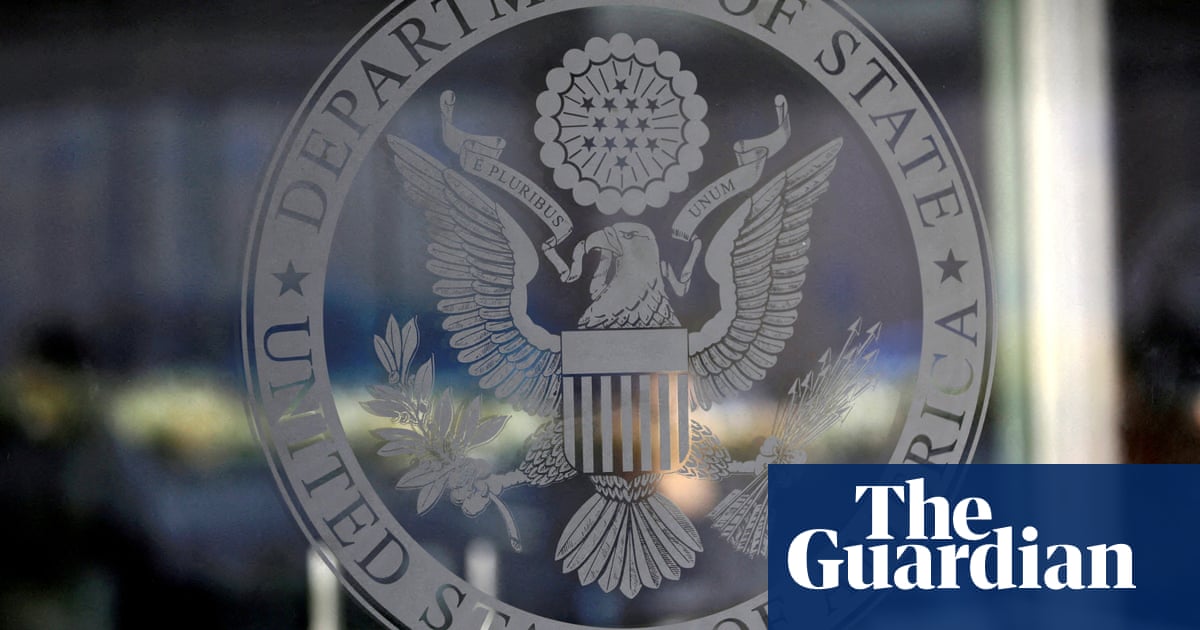Trump draft order calls for drastic restructure of state department
TruthLens AI Analysis
The article presents a draft executive order from the Trump administration that suggests a significant restructuring of the U.S. State Department. This proposal, if implemented, would drastically reduce operations in sub-Saharan Africa and various bureaus related to climate, human rights, and other global issues. The potential changes indicate a shift towards a more isolationist foreign policy, with implications for U.S. diplomacy and international relations.
Implications of the Proposed Changes
The proposed restructuring, which includes closing "non-essential" embassies and reorganizing the department into four regional bureaus, could significantly impact how the U.S. engages with the world. By sidelining key issues like climate change and human rights, the U.S. may face criticism from allies and global institutions, potentially undermining its diplomatic influence.
Public Perception and Political Context
The article suggests that this restructuring could be perceived as a rejection of multilateralism, which might rally support among Trump's base, who favor a more nationalistic approach to foreign policy. However, it could also alienate moderate and progressive factions that value international cooperation. The Secretary of State's dismissal of the report as "fake news" indicates a politically charged environment, where narratives about foreign policy are contentious.
Potential Hidden Agendas
There may be an underlying intention to divert attention from other pressing issues within the administration. By focusing on radical changes to the State Department, the administration might be attempting to shift the public discourse away from domestic challenges. This strategic timing could be aimed at consolidating support among specific voter demographics.
Trustworthiness of the Report
The reliability of the article hinges on the credibility of the sources and the framing of the information. The claim that the draft could be signed imminently adds urgency but also raises questions about the accuracy of the details. Reports from reputable outlets like Bloomberg and The New York Times lend some weight to the information; however, the lack of official commentary from the White House or State Department creates ambiguity.
Impact on Economic and Political Landscape
If the proposed changes are enacted, they could lead to reduced funding for international aid and cooperation, which might have ripple effects on global markets and U.S. foreign investments. The potential closure of embassies could create uncertainty in diplomatic relations, affecting sectors reliant on international trade and partnerships.
Support and Opposition Among Communities
The proposed changes may resonate more with conservative communities that support a reduction in government spending on foreign affairs. Conversely, they could face backlash from urban and progressive communities that advocate for a robust international presence and engagement on global issues.
Influence on Global Power Dynamics
The restructuring could signal a shift in the U.S.'s role on the global stage, potentially emboldening rivals and altering power dynamics. The focus on regional rather than global diplomacy may lead to a fragmented approach to international relations, impacting alliances and cooperative efforts.
It is conceivable that AI tools could have been used in the drafting or dissemination of this news, particularly in analyzing public sentiment and tailoring the message for specific audiences. However, the direct influence of AI on the content cannot be definitively identified.
This article reflects a broader trend in media where the framing of foreign policy issues aligns with the political narratives of the current administration. The language used and the framing of certain departments as "non-essential" may serve to justify reductions in funding and personnel, which can be seen as manipulative.
In conclusion, while the article presents credible concerns about the proposed changes to the State Department, the framing and timing suggest a strategic maneuver that could serve specific political goals. The overall reliability of the report is moderate, contingent on further developments and official clarifications.
